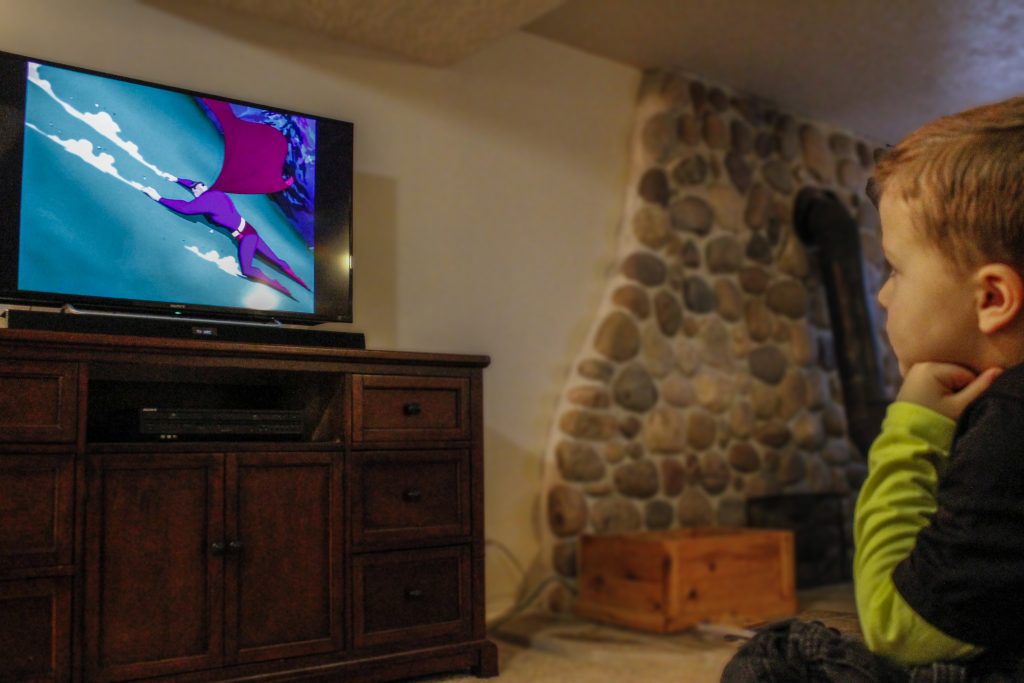
Superheroes have been a staple in pop culture for over 50 years.
Each year more and more movies featuring heroes such as Superman and Captain America are released in theaters, and many parents take their children to watch them. However, the effect of this superhero media saturation on preschool age children may be more negative than parents realize.
BYU College of Family Life Professor Sarah M. Coyne published a study detailing the effects of superhero media on preschool-age children. Coyne also released a similar study last year about the effects of the princess culture on children, which drew attention to her work.
Coyne’s study found superhero media attempted to teach good moral values, but preschoolers could only pick up the overarching themes of aggressive behavior. The morals are going over the young childrens’ heads, according to Coyne.
Coyne said she suggested moderation in superhero media, as she did in her study on princesses. She also suggested parents make sure the media children consume is age-appropriate.
“There are no, if very few, television programs and films that are related to superheroes that are for preschool ages,” Coyne said.
She said she believes the “gritty and dark” themes in these shows and movies are too complex for a young age group.
The study revealed most parents viewed superheroes in a positive light and felt they taught their children to be “defenders.” However, the positive defending themes are intertwined with negative violence, and children are having a difficult time distinguishing between the two.
Lee Essig-Thunell, a BYU graduate student who worked on the study, said this effect reminded him of an experience he had with his son. His son witnessed a puppy being dropped and began to laugh because he was reminded of “animal fail” videos that are so prevalent on Facebook and YouTube.
Essig-Thunell said he was concerned his son thought animals getting hurt was “another funny thing like all the other videos he’s watched.” Essig said he saw how easy it was for children to pick up on only certain negative behaviors, even when the media itself seemed normal and harmless to adults.
Laura Stockdale, a professor at Loyola University Chicago and former BYU student, also worked on the study and said parents should not be disheartened by these results.
“We want parents to be empowered and know they can control what media their child is exposed to,” Stockdale said. “As a parent, you want to control and help teach your children what is appropriate and what is not.”
The study recommends parents not excessively shelter children from such media, but to make sure parents are involved in their child’s viewing habits.
Stockdale said there’s a need for parents to take steps now to ensure children are not being exposed to media far beyond their capacity to understand. Stockdale also said she suggests parents speak to their children about what their children watch in order to better understand what effects media may have on their children and to clear up any misunderstandings.




